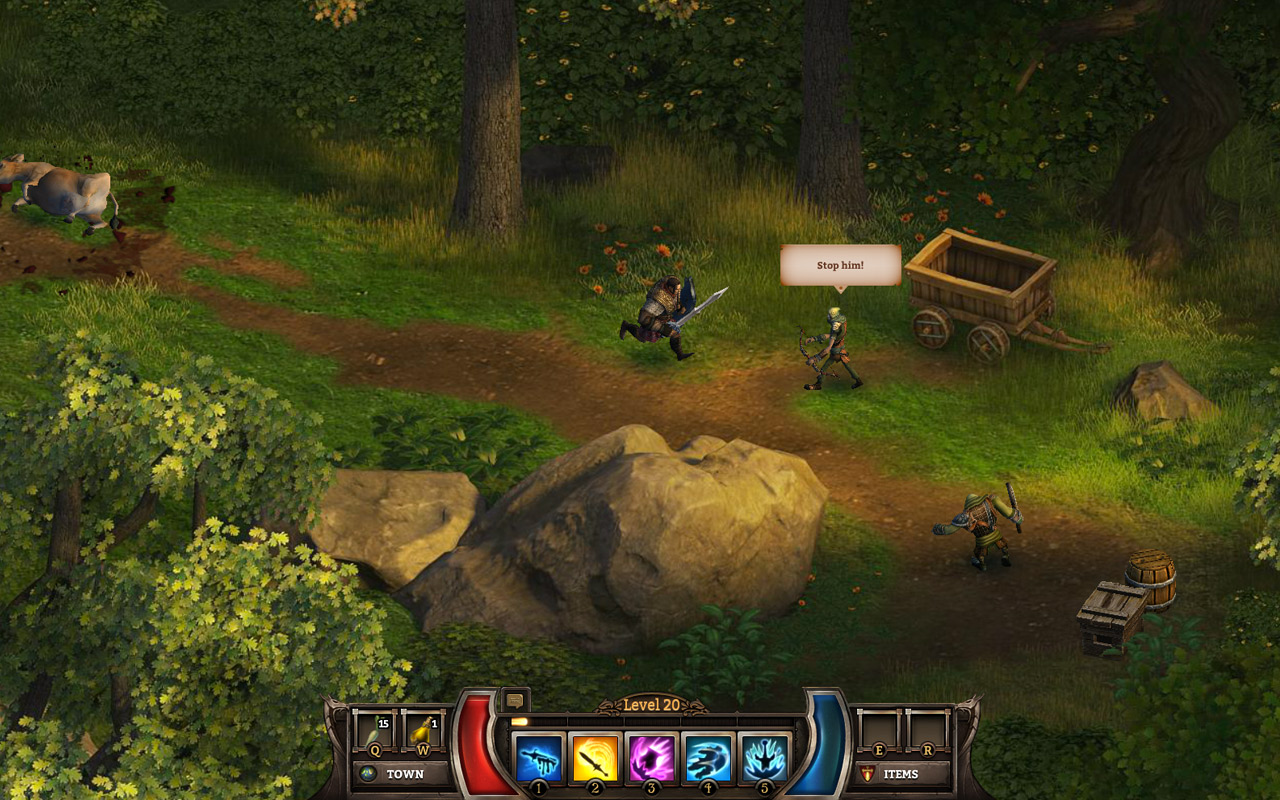

Guild membership offers novices opportunities to get their gaming skills promoted through interaction with more experienced players ( Peterson, 2012).

The players’ ultimate purpose is to get reward so as to progress through the game hierarchy by undertaking game tasks known as quests, usually with the help of game-based organizations known as guilds. The main feature of MMORPGs is gamers’ purposeful interaction with peers and game-embedded narratives elicited by the game design. Massive Multiplayer Online Role-Playing Games (MMORPGs) are gaining more and more popularity compared to other genres of commercial games. Moreover, with a moderating role played by activation of reward circuit, playing the MMORPGs may strengthen or increase functional connectivity from seed regions such as left anterior insular/frontal operculum (AI/FO) and visual word form area to other language-related brain areas. We suggest that attentional bias makes gamers/learners allocate more cognitive resources toward task-related stimuli in a controlled or an automatic way. Mechanisms underlying the educational assistant role of MMORPGs in second language learning are discussed from both behavioral and neural perspectives. This paper reviews the educational application of the MMORPGs based on relevant macroscopic and microscopic studies, showing that gamers’ overall language proficiency or some specific language skills can be enhanced by real-time online interaction with peers and game narratives or instructions embedded in the MMORPGs. However, there are few studies on the underlying behavioral or neural mechanism of such effect. MMORPGs can be applied to enhancing language learning, which is drawing researchers’ attention from different fields and many studies have validated MMORPGs’ positive effect on language learning.

Massive Multiple Online Role-Playing Games (MMORPGs) have increased in popularity among children, juveniles, and adults since MMORPGs’ appearance in this digital age.

7Center of Medical Physics and Technology, Hefei Institutes of Physical Science, Chinese Academy of Sciences, Hefei, China.6State Key Laboratory of Brain and Cognitive Science, Institute of Biophysics, Chinese Academy of Sciences, Beijing, China.5CAS Key Laboratory of Brain Function and Disease, School of Life Science, University of Science and Technology of China, Hefei, China.4School of Public Affairs, University of Science and Technology of China, Hefei, China.3School of Humanities and Social Science, University of Science and Technology of China, Hefei, China.2School of Foreign Languages, Anhui Jianzhu University, Hefei, China.1Center for Biomedical Engineering, School of Information Science and Technology, University of Science and Technology of China, Hefei, China.Yongjun Zhang 1,2*, Hongwen Song 3, Xiaoming Liu 1,3, Dinghong Tang 1, Yue-e Chen 1,4 and Xiaochu Zhang 2,3,5,6,7*


 0 kommentar(er)
0 kommentar(er)
